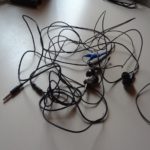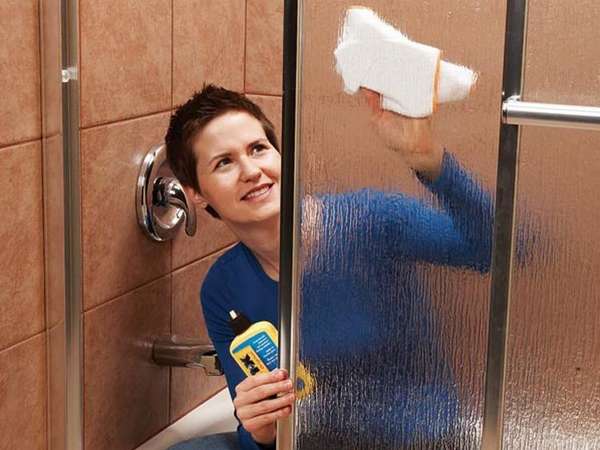Why did the European Parliament ban the use of cotton swabs?
Every person regularly cleans their ears using cotton swabs. This is the simplest hygiene procedure that each of us has become accustomed to since childhood. But it turns out that by following a habit, we harm both ourselves and the environment.
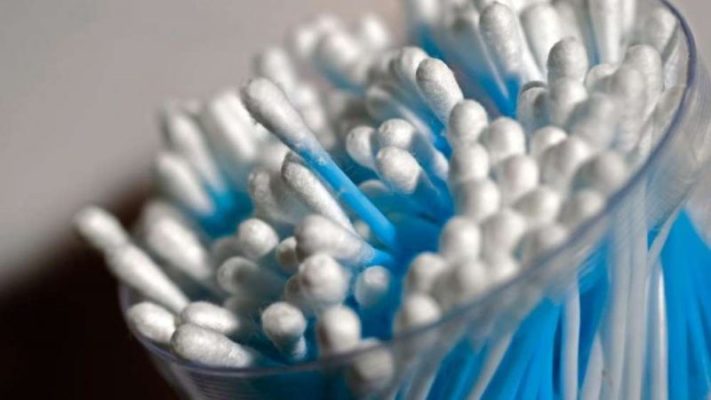
The basis of a cotton swab is thin plastic, which is a significant threat to the ecology of our planet. This material does not decompose, and its widespread use by millions of people leads to the formation of huge landfills, giant garbage islands in the ocean, the death of animals and the poisoning of groundwater...
The content of the article
Are cotton buds illegal?
For several years now, the European Union has been waging a major fight against plastic use. And from January 1, 2021, a ban on the production and sale of disposable plastic tableware, straws, food containers and cotton swabs comes into force.
The majority of deputies voted for this law.
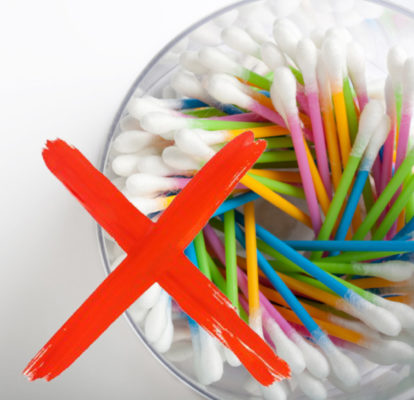
The EU is working to significantly reduce the use of plastic products and recycle what we already have. In the UK, Denmark, the Czech Republic and France, cotton swabs have disappeared from shelves. This initiative is also supported by other countries.
The benefits and harms of cotton swabs
Regular cleaning of the ear canals using cotton swabs is a common procedure for millions of people. But few people think about the fact that in fact there is not as much benefit in it as is commonly believed.
Several decades ago, the cause of hearing loss was considered to be the accumulation of yellow wax in the ear canal. Until now, in simple colloquial speech you can often hear the words “clean your ears” if someone asks the interlocutor again. Ear cleaning has become an integral part of regular hygiene procedures. And with the advent of cheap and convenient cotton swabs, it began to take just a few minutes.
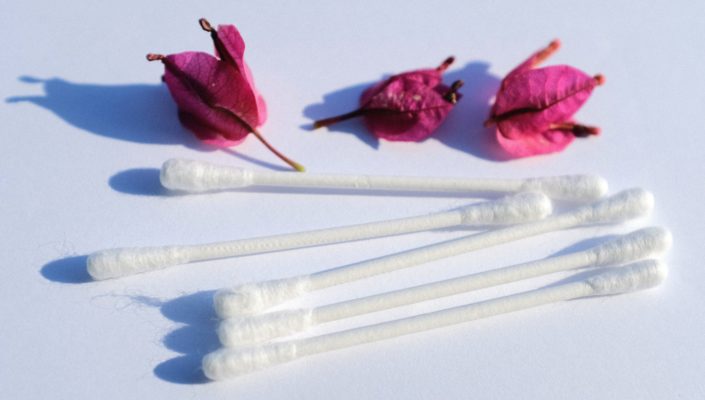
But it turns out that cleaning your ears yourself is harmful. American otolaryngologists have proven that with the help of a cotton swab we can remove a small part of the wax, and push the rest of the mass deep into the ear, which leads to the formation of dense plugs of wax. Only a doctor can remove them.
In addition, by putting a foreign object inside the ear, we touch the eardrum and risk damaging our hearing, injuring and irritating the delicate organ.
Sulfur is produced by the body for a reason, and for a reason. It is necessary to protect the organs of the inner ear from small insects that can penetrate inside and cause significant harm to the human hearing system. It also minimizes the risk of fungus or bacterial infection in the ear canal.
Interestingly, frequent ear cleaning leads to irritation of the skin inside the ear canal and, as a result, to increased wax production. It turns out that the more diligently we clean our ears, the more “dirt” will eventually form. The body is trying with all its might to restore what should be in the right place.
What can replace them?
The fact that cleaning your ears with plastic cotton swabs is harmful is undeniable. But it does not replace the need for regular hygiene procedures.
To keep the ear canals clean, there are special aerosols and saline solution. You can also wash your ears with regular soap and water, but you need to do this very carefully so as not to damage the delicate organs. No other devices are required.
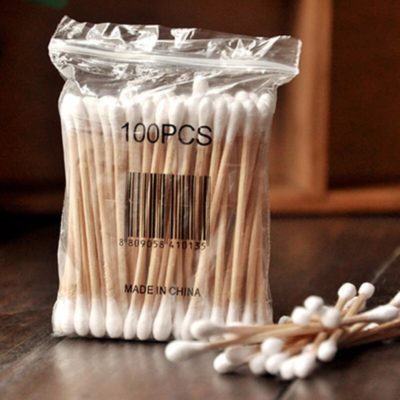
Well, if you don’t want to fight the habit of using comfortable cotton swabs, then you should turn your attention to those that are made not from plastic, but from wood or bamboo. They decompose fairly quickly and do not cause any harm to the environment. The price of such hygiene products is usually higher. But perhaps this will change when the demand for them becomes greater and their plastic counterparts leave the shelves.
Disposable plastic items are used for less than a minute, but remain on our planet forever. According to statistics, residents of our country alone throw away about 16 tons of plastic sticks per year. The number is colossal!
In addition, even the production of these sticks requires a lot of resources - billions of liters of water. Their continued production is unwise! Therefore, every person should think about giving up plastic chopsticks once and for all.


